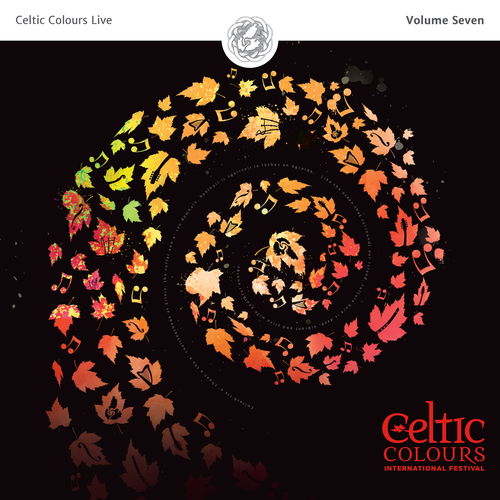
Understanding the Symptoms of Bit by Spider: A Comprehensive Guide
Have you ever been bitten by a spider? If so, you might be wondering what symptoms to look out for. Spider bites can range from mild to severe, and it’s important to recognize the signs so you can seek appropriate medical attention if needed. In this article, we’ll delve into the symptoms of a spider bite, their causes, and what to do if you suspect you’ve been bitten.
Common Symptoms of a Spider Bite

When a spider bites you, the symptoms can vary depending on the type of spider and the individual’s immune response. Here are some of the most common symptoms to watch out for:
-
Redness and swelling at the bite site
-
Pain, which can range from mild to severe
-
Itching
-
Wheals or blisters
-
Swelling that extends beyond the bite site
-
Fever
-
Headache
-
Nausea and vomiting
-
Diarrhea
-
Difficulty breathing
It’s important to note that not all spider bites result in symptoms, and some people may experience no reaction at all. However, if you do notice any of these symptoms, it’s crucial to seek medical attention promptly.
Causes of Spider Bite Symptoms

The symptoms of a spider bite are a result of the venom injected into your skin. The venom can cause a range of reactions, including inflammation, pain, and other systemic symptoms. Here are some of the factors that can contribute to the severity of spider bite symptoms:
-
Type of spider: Some spiders, such as the black widow and brown recluse, have venom that is more potent and can cause more severe symptoms.
-
Amount of venom: The more venom injected, the more severe the symptoms may be.
-
Individual’s immune response: Some people may be more sensitive to spider venom than others.
-
Location of the bite: Bites on sensitive areas, such as the face or genitals, may cause more severe symptoms.
Diagnosing a Spider Bite

Diagnosing a spider bite can be challenging, as many of the symptoms are similar to those of other conditions. However, a healthcare provider can help determine if your symptoms are consistent with a spider bite by examining the bite site and taking a medical history. In some cases, they may also order blood tests or other diagnostic procedures to rule out other conditions.
What to Do If You Suspect a Spider Bite
If you suspect you’ve been bitten by a spider, here are some steps you can take:
-
Keep the bite site clean and dry.
-
Apply a cold compress to reduce swelling and pain.
-
Seek medical attention if you experience severe symptoms, such as difficulty breathing, fever, or swelling that extends beyond the bite site.
-
Inform your healthcare provider about the type of spider, if you know it, as this can help them determine the appropriate treatment.
Preventing Spider Bites
Preventing spider bites is the best way to avoid the potential complications associated with a spider bite. Here are some tips to help you stay safe:
-
Keep your home clean and free of clutter, as spiders often hide in dark, undisturbed areas.
-
Seal any cracks or gaps around your home, as these can provide entry points for spiders.
-
Wear gloves when handling items that may have been in contact with the ground or other outdoor areas.
-
Be cautious when walking in areas where spiders are known to live, such as in tall grass or underbrush.







